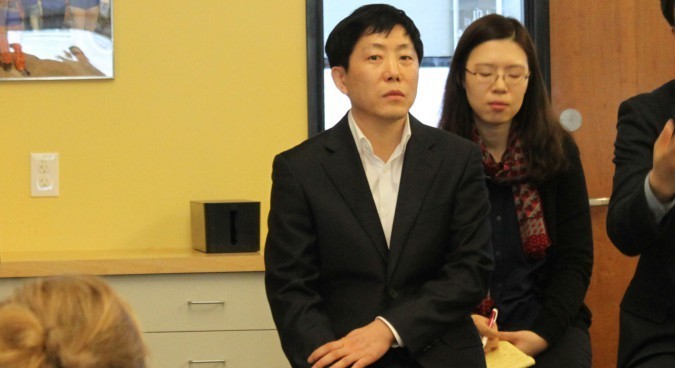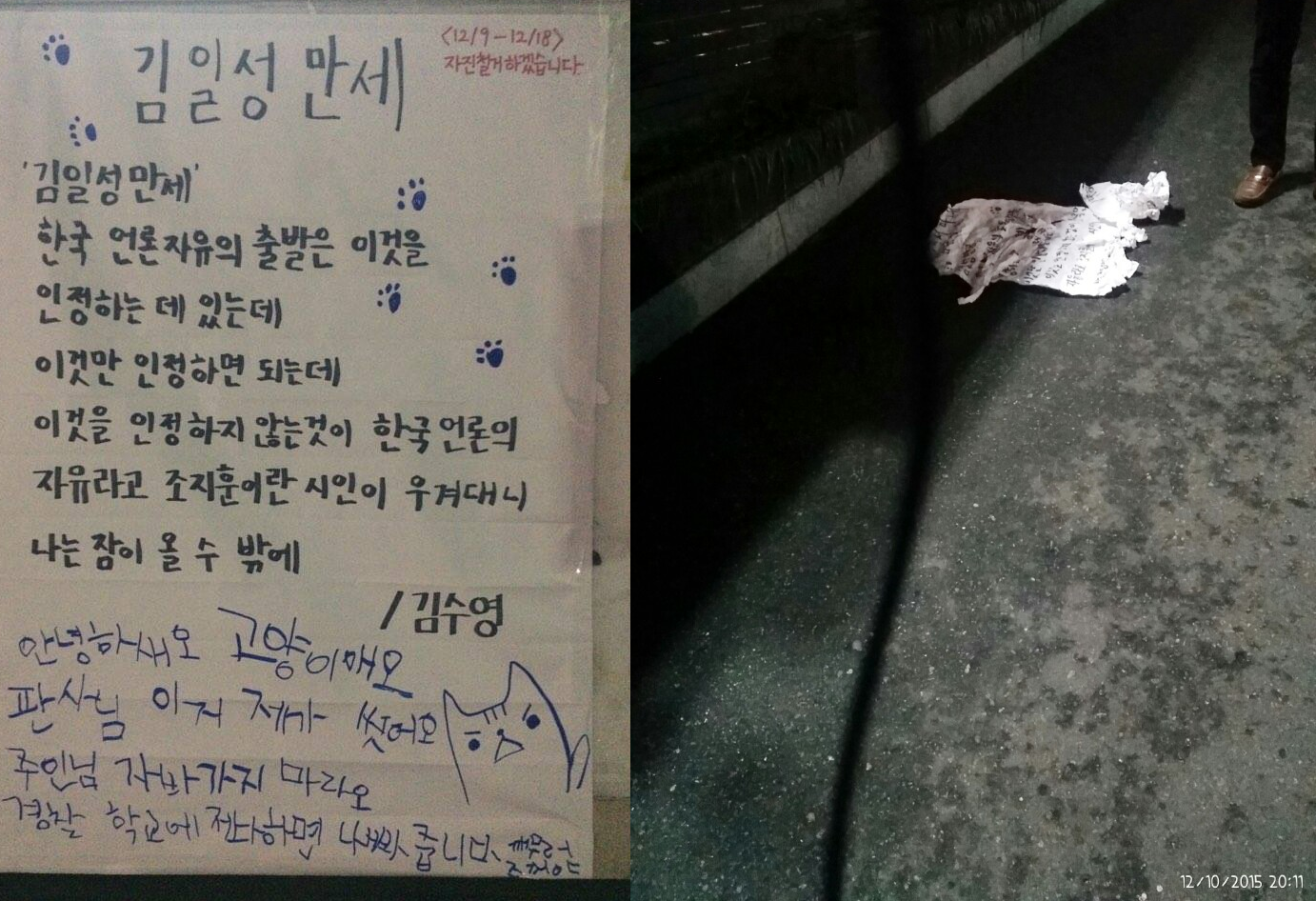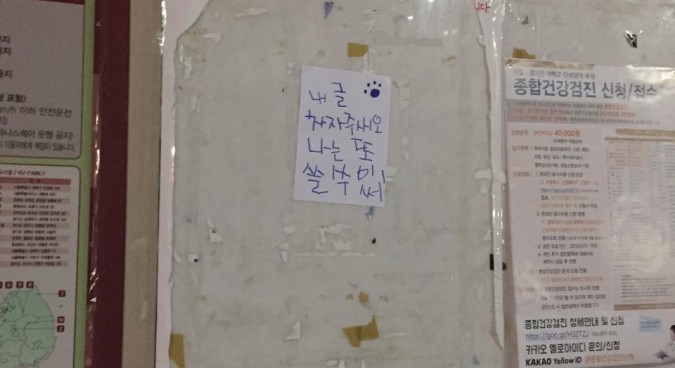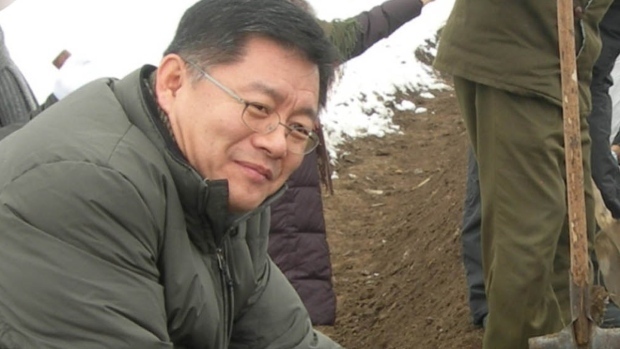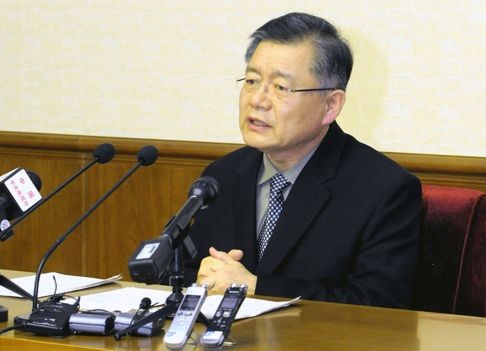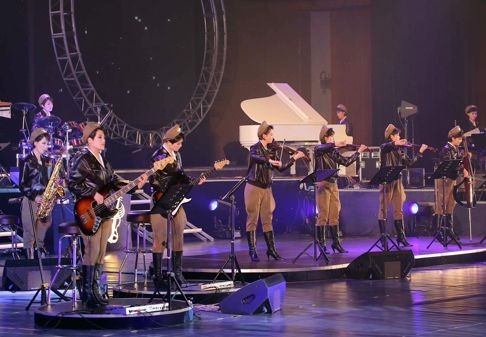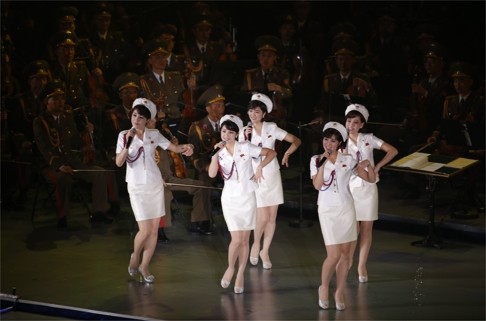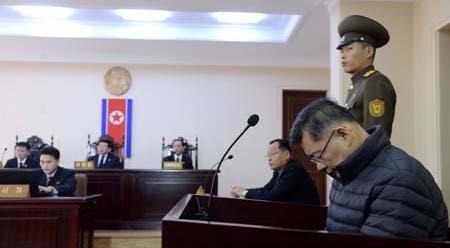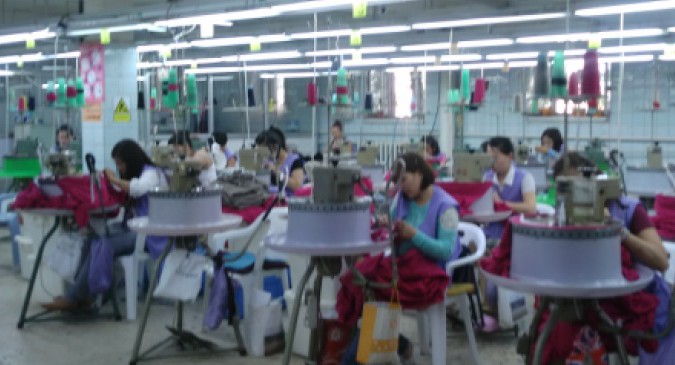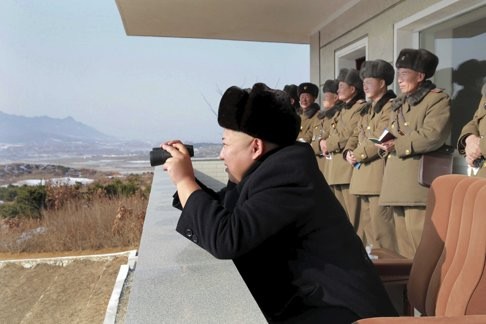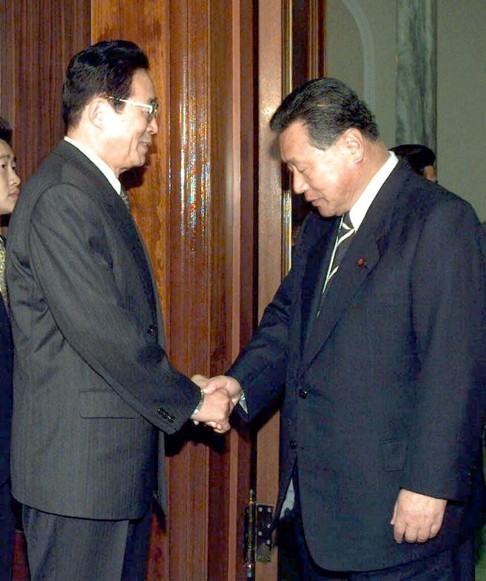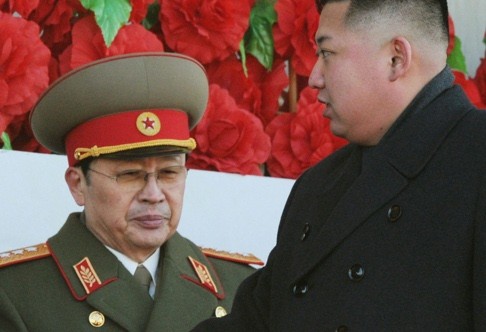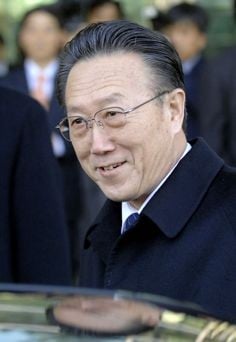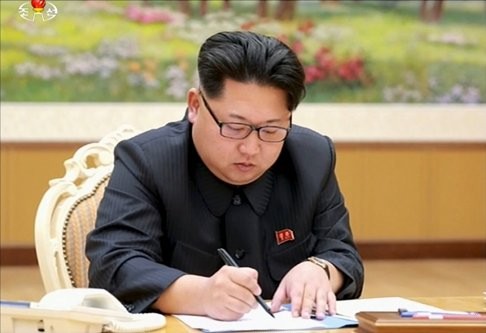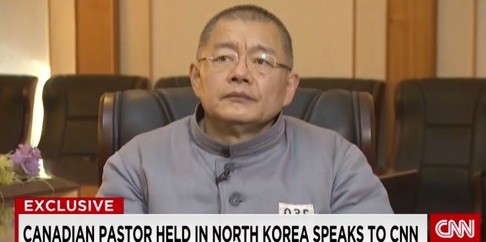- Joined
- Aug 1, 2015
- Messages
- 273
- Points
- 0
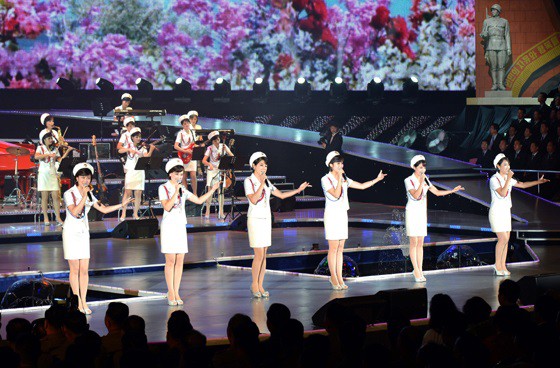
N. Korean band’s concert in China suddenly cancelled
China’s distrust towards N. Korea will deepen following unexplained cancellation, says expert
JH Ahn
December 12th, 2015
North Korea’s Moranbong Band, which arrived in Beijing on Friday, suddenly left China on Saturday without providing any clear reason.
An expert has told NK News that this sudden cancellation will deepen Chinese decision-makers’ distrust towards North Korea.
The Moranbong Band was introduced to world in 2012 as the successor to the Pochonbo Electronic Ensemble. As reported before, the band has often been referred to as a symbolic step towards North Korean cultural openness.
While no clear reason has been provided, Yonhap reported that foreign media’s concern over Hyon Song Wol, formerly the vocalist for the Pochonbo Electronic Ensemble and Kim Jong Un’s rumored ex-girlfriend, might be the reason.
MBN has reported that the band’s attitude of freely holding interviews with foreign media might have angered Kim Jong Un.
However, Cheong Sung-jang of the Sejong Institute has told NK News that fourth anniversary of death of Kim Jong Il, the former leader of North Korea, might be behind this sudden cancellation.
“According to my source, Kim Jong Un has recently announced the mourning period for the fourth year of Kim Jong Il’s death,” said Cheong.
Cheong has said that Kim Jong Un has banned all the dancing and singing during he mourning period, resulting in the sudden cancellation of band’s concert in Beijing.
The North Korean ambassador to China is known to have apologized to Beijing for the unprecedented incident. Cheong added that the organizer of this event, who has failed to consider the mourning period for the fourth year of Kim Jong Il’s death, would most likely to be purged in the future.
“This cancellation is absurd as the concert itself was most likely approved by Kim Jong Un himself,” said Cheong.
“This cancellation, which was caused by the deeply rooted cult of Kim’s family, will once again give the world good reason to humiliate North Korea.
“This cancellation of concert has shown how little understanding Kim Jong Un has of international society and how much he lacks in international diplomacy.”
Cheong said that this event won’t degrade North Korea’s relationship with China greatly, but will certainly deepen Chinese decision-makers’ distrust toward North Korea.
Featured Image: Rodong Shimnun


